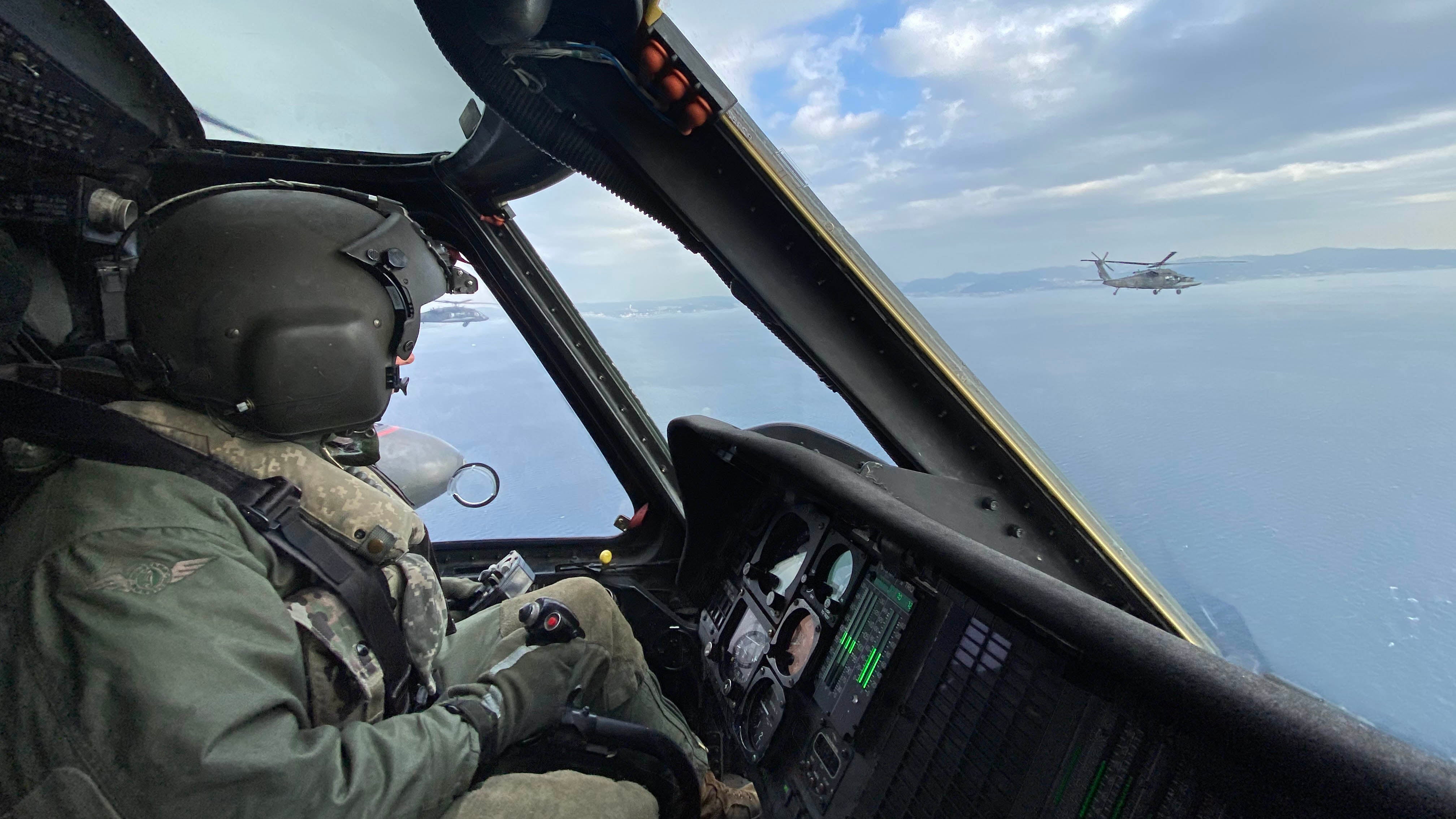Indo-Pacific, Especially Taiwan, Has Challenges for US
Indo-Pacific, Especially Taiwan, Has Challenges for US

China’s growing aggression is forcing the U.S. to think more seriously about deterrence and competition in the Indo-Pacific region, a panel of experts said during a webinar hosted by the Association of the U.S. Army.
The U.S. faces “unprecedented challenges” to its interests, particularly from China and Russia, said retired Gen. Robert Brown, AUSA executive vice president and a former commander of U.S. Army Pacific, who moderated the June 23 Thought Leaders discussion.
In addition to the Army’s traditional roles, including deterrence on the Korean peninsula, the service must develop new ways to deter and fight and win if needed, Brown said.
Retired Navy Adm. Scott Swift, former commander of the U.S. Pacific Fleet, said the U.S. needs a “whole-of-government” approach to deter and compete with China, and the U.S. military must maintain a “mobility and expeditionary mindset.”
“When you’re fighting a peer competitor out there, you have to be mobile, and you have to be expeditionary,” Swift said. “If you become static, then it’s a home game for the enemy, and you become much more vulnerable.”
Swift also emphasized the importance of building a “highly functioning force” that can operate in a contested logistical environment. “You’re going to have to fight with what you have and fighting with what you have is going to last for a significant time period, certainly measured in months and not weeks,” he said.
Building on Swift’s remarks, Tom Karako, senior fellow at the Center for Strategic and International Studies, emphasized the importance of ground-based long-range fires to the future fight.
“We need to impose on our adversaries very hard dilemmas and very high costs,” he said.
One area U.S. military planners are concerned about is any effort by China to occupy Taiwan, said Loren Thompson, chief operating officer of the Lexington Institute.
While conventional wisdom calls for the Air Force and Navy to play primary roles in any response, there are risks to depending solely on long-range airpower and naval forces to deter Chinese aggression, Thompson said.
“America’s ability to deter aggression by China against Taiwan is deteriorating,” he said, adding that the U.S. needs “fighting forces on Taiwan before aggression occurs.”
Thompson advocated for stationing an armored brigade combat team on Taiwan along with elements such as long-range fires. The move would invite “severe backlash” from China, but Thompson called it one of the most effective courses of action.
“There is no substitute for being there from the first day of conflict,” he said.

